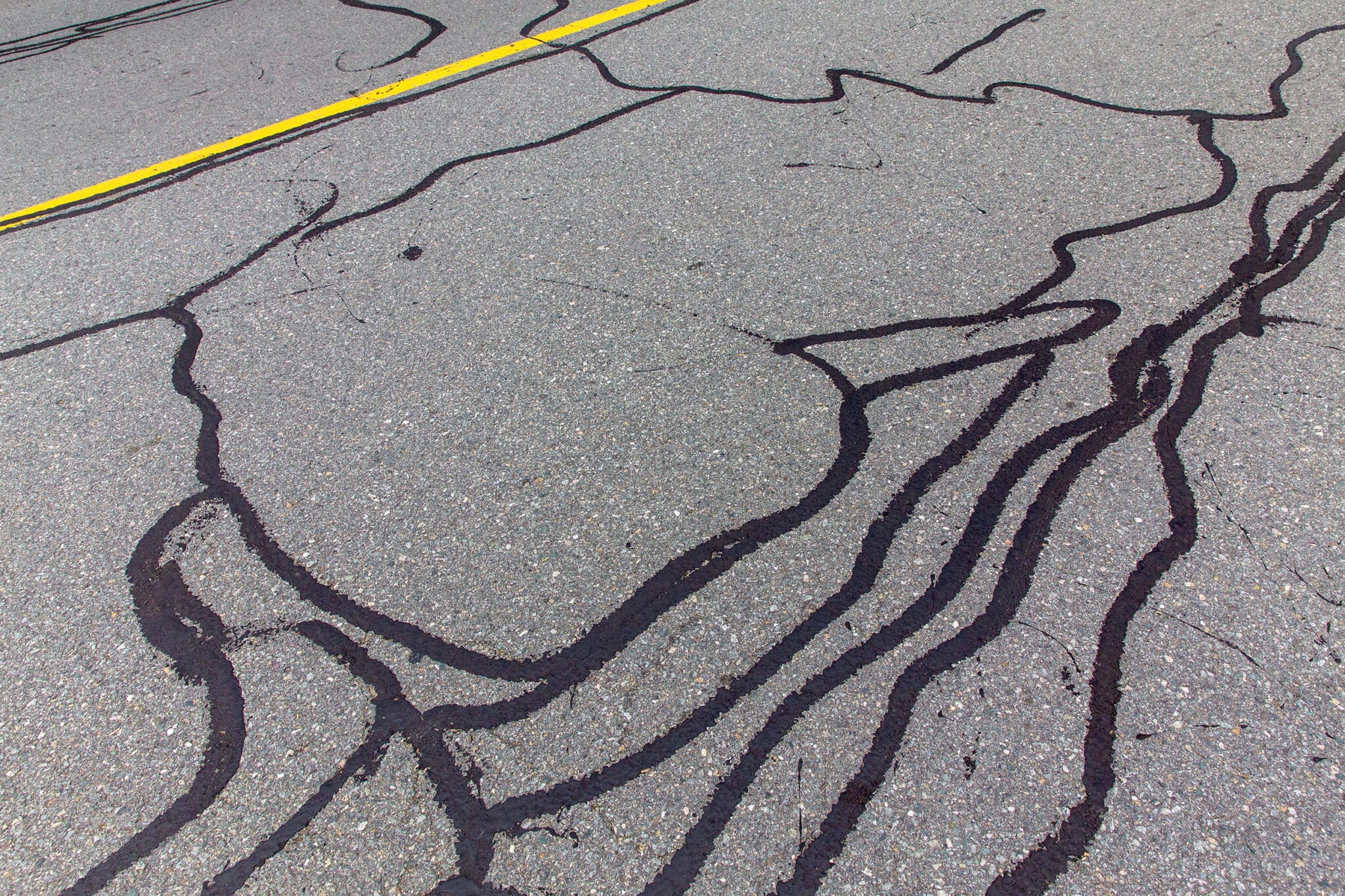Revitalize Angle Parking Lots: Asphalt Sealing Methods Exposed
Revitalize Angle Parking Lots: Asphalt Sealing Methods Exposed
Blog Article
Cold Mix Asphalt Vs. Hot Mix Asphalt: Which Is Right for You?
Composition Distinctions
Cold mix and hot mix asphalts differ significantly in their structure, with distinctive qualities that affect their efficiency and applications. Cold mix asphalt is produced by emulsifying the asphalt binder with water and an emulsifying agent before mixing it with accumulation. This approach enables the asphalt to be convenient at reduced temperature levels, making it optimal for short-lived repair work and for use in chillier weather. Hot mix asphalt, on the other hand, is produced at heats, typically between 300-350 ° F, which assists to attain far better compaction and a more resilient end product. The warm mix asphalt manufacturing procedure entails warming the accumulation and asphalt binder separately before combining them at the asphalt plant.
Moreover, chilly mix asphalt often tends to be much less thick and a lot more versatile than warm mix asphalt. This versatility makes it much better fit for areas with greater degrees of motion, such as driveways or roadways with hefty traffic. In contrast, warm mix asphalt is recognized for its high durability and resistance to rutting and cracking, making it a preferred choice for freeways and high-traffic roadways where durability is important.
Setup Process Differences
The procedure of setting up chilly mix and warm mix asphalt shows significant variations in their needs and treatments. Cold mix asphalt, being a much more flexible product, can be used directly from the bag or container onto the pocket or damaged area. It calls for very little preparation work, such as cleansing the area and compacting the cool combine with hand tools. This makes it a hassle-free choice for momentary and quick solutions. On the other hand, warm mix asphalt requires a more intricate setup process. It includes heating the combination to high temperatures prior to laying it down on an appropriately prepared base. The prep work includes condensing the base, applying a tack layer, and making use of heavy equipment like pavers and compactors for a smooth and long lasting coating. Due to the home heating requirements, warm mix asphalt installations are commonly brought out by professionals with customized devices, guaranteeing an extra permanent and structurally audio outcome.
Durability and Durability Aspects
When taking into consideration asphalt options, sturdiness and durability are vital aspects to review for long-term sidewalk efficiency,. Hot mix asphalt (HMA) is understood for its remarkable toughness and durability. The heats throughout the laying and blending procedure enable much better compaction, leading to a denser and stronger pavement framework. This brings about HMA being extra immune to heavy traffic loads, harsh weather, and the impacts of aging contrasted to cool mix asphalt (CMA)
In regards to longevity, HMA typically outperforms CMA as a result of its remarkable strength and resistance homes. HMA pavements have a longer solution life, needing much less regular repairs and upkeep, which can translate to set you back savings in the future. Additionally, HMA sidewalks are much more conveniently adjustable to fulfill particular task demands, better improving their durability.
Expense Factors To Consider
Considering the financial implications is an important element when examining the selection in between warm mix asphalt (HMA) and chilly mix asphalt (CMA) for pavement jobs. While the initial cost of hot mix asphalt is generally higher than that of cold mix asphalt, HMA frequently offers a more cost-effective solution in the lengthy run due to its premium longevity and long life.
In enhancement to product expenses, it's vital to think about the costs connected with installment and upkeep when contrasting HMA and CMA. HMA typically requires customized tools and proficient labor for appropriate installation, which can influence general job costs. Alternatively, CMA is simpler to deal with and can usually be used making use of simpler methods, possibly reducing installation expenditures. Eventually, the decision in between HMA and CMA ought to take right into account not simply the initial price however likewise the long-lasting economic ramifications to identify one of the most economical option for the details pavement task.
Environmental Impact Contrast
Contrast of the ecological effects in between warm mix asphalt (HMA) and cold mix asphalt (CMA) exposes unique distinctions recommended you read in sustainability practices. HMA production needs high temperature levels, leading to raised power intake and greenhouse gas exhausts.
Moreover, the usage of CMA commonly involves reusing existing asphalt pavement, advertising source preservation and reducing the quantity of waste sent to landfills. By deciding for CMA over HMA, road construction jobs can contribute favorably to environmental preservation efforts.
Verdict
In verdict, the choice in between cool mix asphalt (CMA) and hot mix asphalt (HMA) relies on various aspects such as composition, installment process, longevity, longevity, expense, and ecological impact. angle parking. While CMA supplies a cost-efficient Recommended Site and fast option for minor repair work, HMA makes certain superior sturdiness and long life for hefty traffic areas. Think about these variables carefully to identify which kind of asphalt is the ideal selection for your paving requires

Taking into consideration the financial ramifications is a critical aspect when examining the choice between warm mix asphalt (HMA) and cold mix asphalt (CMA) for pavement jobs. While the first cost of warm mix asphalt is commonly higher than that of chilly mix asphalt, HMA often supplies an extra cost-effective service in the lengthy run due to its remarkable resilience and durability. asphalt repair.Comparison of the environmental effects Discover More Here in between warm mix asphalt (HMA) and cool mix asphalt (CMA) reveals distinct differences in sustainability methods.In final thought, the selection in between cold mix asphalt (CMA) and hot mix asphalt (HMA) depends on different aspects such as make-up, installment procedure, durability, longevity, cost, and environmental impact
Report this page